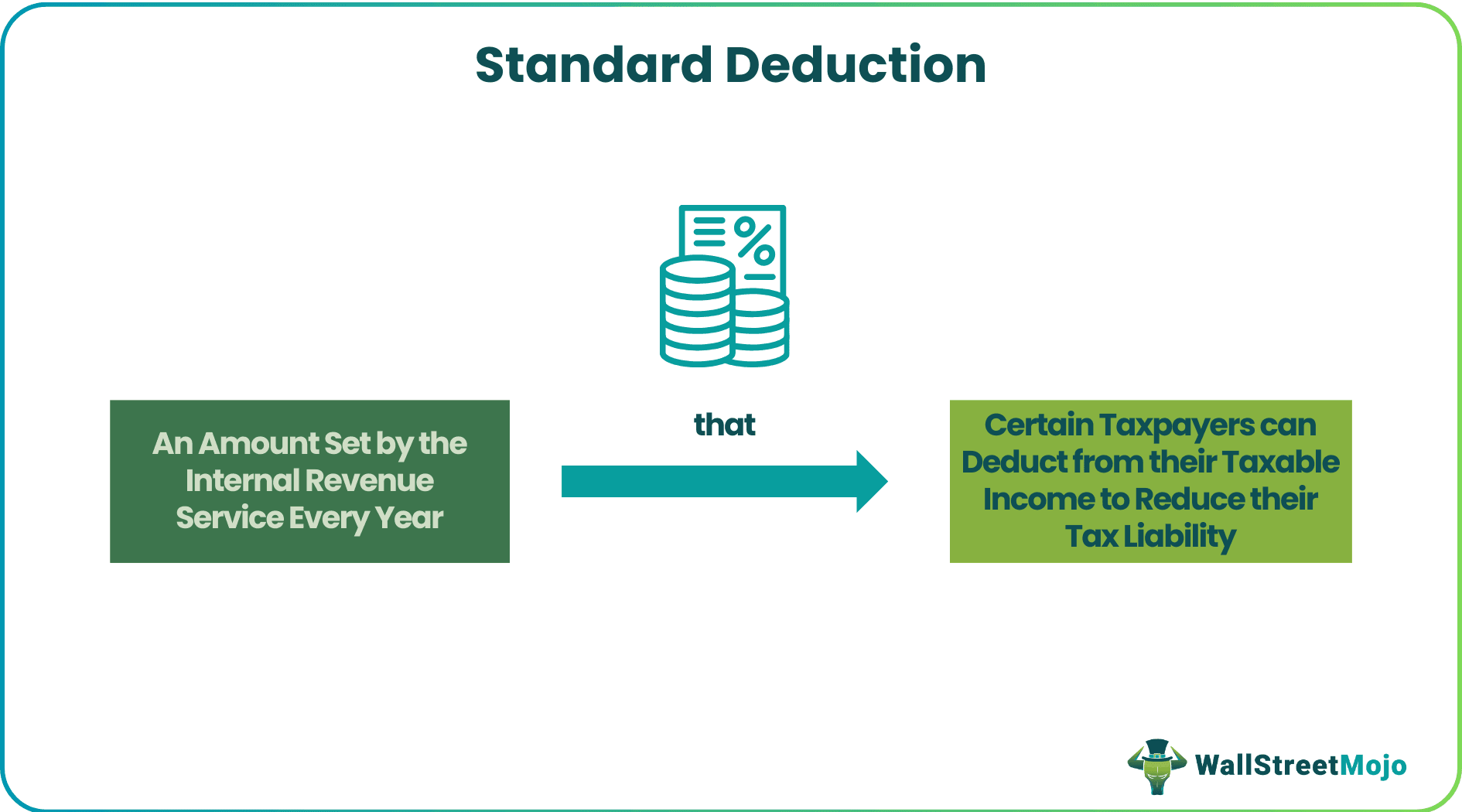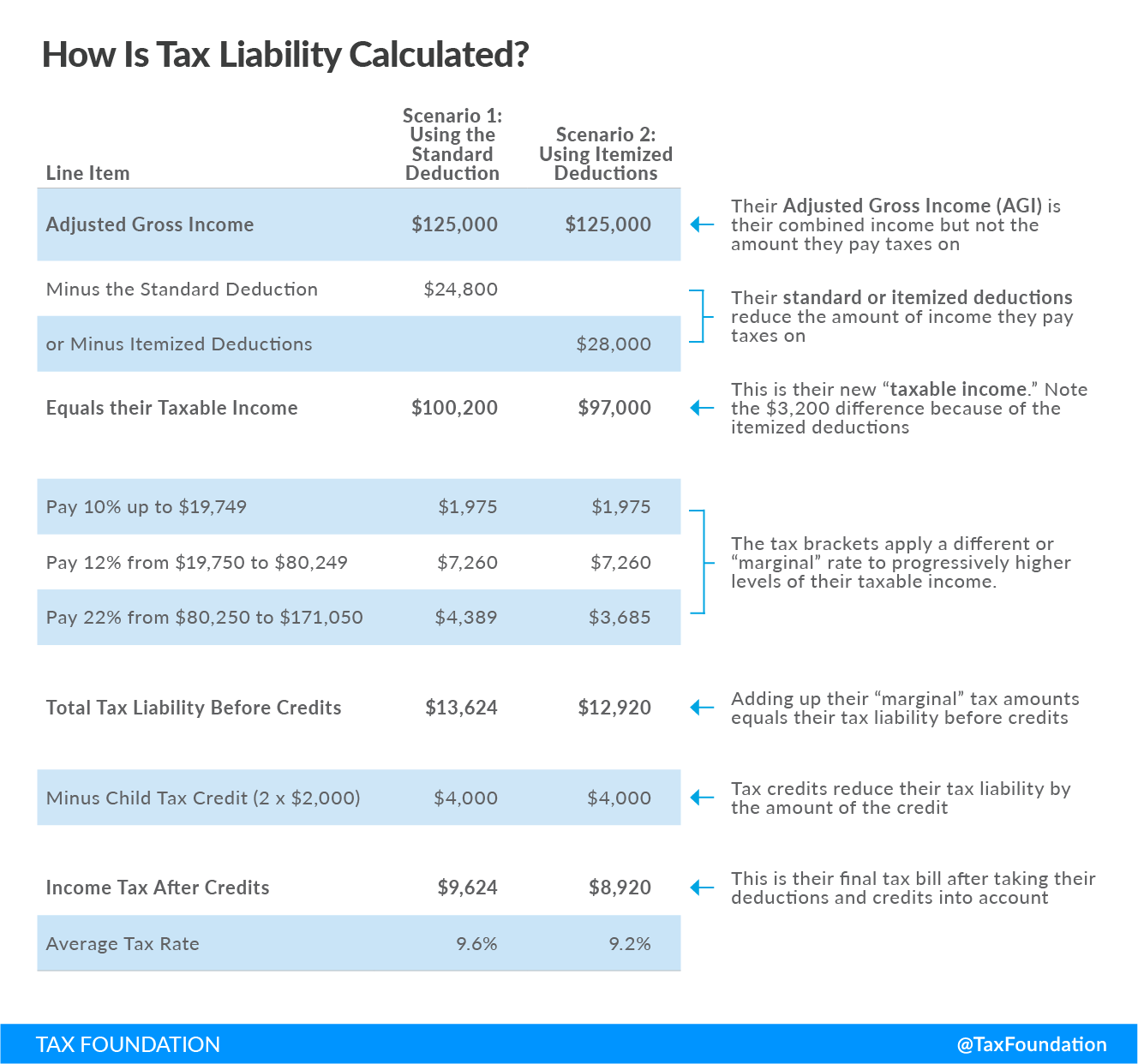All Regarding the Foreign Earned Revenue Exemption: Maximizing Your Standard Deduction Conveniences
The Foreign Earned Income Exemption (FEIE) presents an important opportunity for U.S. citizens living abroad to lessen their tax obligation responsibilities. Recognizing the qualification standards is vital for those looking for to gain from this exclusion. Asserting the conventional reduction can improve overall tax advantages. Managing this process includes cautious interest to detail and an understanding of usual risks. Checking out these elements can give clarity and make best use of potential tax obligation benefits.
Recognizing the Foreign Earned Earnings Exclusion (FEIE)
The Foreign Earned Earnings Exemption (FEIE) permits united state people and resident aliens working abroad to exclude a section of their foreign profits from federal revenue tax obligation. This stipulation acts as an economic alleviation mechanism, allowing expatriates to preserve a bigger share of their revenue earned in international countries. By decreasing gross income, the FEIE helps relieve the worry of double taxes, as individuals may additionally go through tax obligations in their host nations. The exclusion uses only to earned income, which includes earnings, salaries, and expert charges, while passive earnings and financial investment gains do not qualify. To gain from the FEIE, people should submit particular kinds with the internal revenue service, detailing their foreign earnings and residency - FEIE Standard Deduction. Recognizing the subtleties of the FEIE can considerably impact monetary preparation for U.S. people living overseas, making it important for migrants to remain informed regarding this helpful tax obligation provision
Eligibility Standards for the FEIE
To receive the Foreign Earned Earnings Exclusion (FEIE), individuals have to satisfy certain eligibility criteria. This includes enjoyable residency needs, passing the physical presence examination, and developing a tax obligation home in an international nation. Each of these elements plays a vital function in establishing whether one can gain from the exemption.
Residency Requirements
Satisfying the residency needs is necessary for individuals seeking to get the Foreign Earned Income Exclusion (FEIE) To be qualified, taxpayers should establish a bona fide home in an international nation or nations for a nonstop duration that generally extends an entire tax obligation year. This need highlights the need of a much deeper link to the international area, relocating past simple physical presence. People must demonstrate their intent to reside in the international nation and have actually developed their living situation there. Factors such as the length of remain, type of housing, and regional area involvement are taken into consideration in determining residency. Satisfying these criteria is crucial, as failing to do so may disqualify one from gaining from the FEIE.
Physical Presence Examination
Establishing eligibility for the Foreign Earned Earnings Exclusion (FEIE) can also be accomplished with the Physical Existence Test, which needs people to be physically present in an international nation for at the very least 330 complete days during a successive 12-month duration. This examination is beneficial for those who may not meet the residency requirement however still reside abroad. The 330 days must be full days, implying that any day invested in the United States does not count towards this total amount. It is crucial for individuals to maintain accurate documents of their traveling days and areas to support their insurance claims. Effectively passing this examination can significantly decrease gross income and improve financial end results for expatriates.
Tax Obligation Home Location
Tax obligation home location plays an essential duty in determining eligibility for the Foreign Earned Revenue Exclusion (FEIE) To certify, an individual need to develop a tax obligation home in a foreign country, which suggests their main location of organization is outside the USA. This stands out from a plain home; the private need to perform their job in the foreign country while preserving a substantial link to it. The internal revenue service needs that the taxpayer can show the intent to remain in the foreign place for an extended period. Additionally, keeping a home in the united state can complicate qualification, as it may suggest that the individual's true tax obligation home is still in the United States. Recognizing this criterion is vital for maximizing FEIE advantages.
How to Claim the FEIE on Your Income Tax Return
Asserting the Foreign Earned Income Exclusion (FEIE) on a tax return needs careful focus to detail and adherence to particular internal revenue service standards. Taxpayers need to initially validate eligibility by meeting either the authentic house examination or the physical existence test. As soon as qualification is confirmed, they need to complete internal revenue service Form visit site 2555, which details international earned income and pertinent details concerning their tax home.
It is necessary to report all international earnings precisely and preserve suitable paperwork to sustain cases. Taxpayers need to also know the maximum exclusion limit, which undergoes annual modifications by the IRS. Filing Form 2555 alongside the yearly income tax return permits taxpayers to leave out a section of their international profits from U.S. taxation. It is advisable to speak with a tax obligation specialist or IRS sources for upgraded information and guidance on the FEIE process, guaranteeing compliance and maximization of prospective benefits.

The Requirement Deduction: What You Required to Know
How does the basic deduction effect taxpayers' overall economic scenario? The common reduction works as a substantial tax benefit, lowering taxable income and potentially lowering tax liabilities. For the tax year 2023, the common reduction is evaluated $13,850 for solitary filers and $27,700 for wedded couples filing jointly. This reduction streamlines the declaring procedure, as taxpayers click for more can choose it rather than itemizing reductions, which requires detailed record-keeping.

Taxpayers gaining international revenue may still declare the common reduction, taking advantage of lowered taxed earnings also while utilizing the Foreign Earned Revenue Exemption (FEIE) Nonetheless, it is vital to keep in mind that the conventional deduction can not be combined with itemized deductions for the very same tax obligation year. Subsequently, recognizing the basic reduction enables taxpayers to make informed decisions regarding their tax methods, optimizing offered advantages while making sure conformity with internal revenue service regulations
Techniques for Optimizing Your Reductions
Making the most of reductions under the Foreign Earned Earnings Exemption calls for a clear understanding of gained income restrictions and the benefits of claiming real estate exclusions. Furthermore, making use of Type 2555 properly can improve the possibility for significant tax obligation financial savings. These approaches can significantly affect the total tax obligation obligation for expatriates.
Understand Made Earnings Restrictions
While numerous expatriates seek to reduce their tax concern, recognizing the earned revenue restrictions is important for properly leveraging the Foreign Earned Income Exclusion. The Irs (INTERNAL REVENUE SERVICE) sets certain thresholds that determine the optimum amount of international gained income eligible for exclusion. For the tax year 2023, this limit is $120,000 per qualified individual. Exceeding this threshold may result in taxation on the income above the restriction, lessening the advantages of the exemption. To take full advantage of reductions, expatriates must maintain accurate records of their international gained earnings and evaluate their eligibility for the exemption yearly. Strategic preparing around these limitations can significantly enhance tax cost savings, allowing expatriates to maximize their economic situation while living abroad.
Declaring Housing Exclusion Conveniences
Numerous expatriates forget the possible advantages of declaring the Housing Exemption, which can greatly minimize their taxed income. This exclusion enables people living abroad to subtract certain real estate costs from their gross earnings, making it easier to fulfill monetary responsibilities without incurring significant tax responsibilities. To maximize this benefit, expatriates should confirm they see this page qualify based upon their house and work circumstances. Furthermore, comprehending eligible costs-- such as lease, energies, and upkeep-- can enhance the general reduction. Keeping comprehensive records of these expenses is vital for substantiating cases. By strategically steering with the Housing Exclusion, expatriates can especially decrease their tax obligation worry and preserve more of their revenues while living overseas, ultimately enhancing their monetary well-being.
Utilize Type 2555 Efficiently
Utilizing Form 2555 effectively can significantly enhance the economic benefits available to expatriates, especially after making use of the Housing Exclusion. This kind enables people to declare the Foreign Earned Revenue Exemption, which can considerably decrease gross income. To maximize deductions, expatriates must confirm they satisfy the certifications, consisting of the physical existence examination or the bona fide house test. It is necessary to precisely report all foreign gained income and to keep thorough documents of eligibility. Furthermore, using the Real estate Exemption in tandem with Form 2555 can better reduce overall tax obligation. By understanding the complexities of these types, expatriates can enhance their tax obligation scenario and preserve even more of their hard-earned earnings while living abroad.
Typical Challenges to Avoid When Declaring Your Tax Obligations Abroad

Frequently Asked Inquiries
Can I Declare Both FEIE and the Foreign Tax Credit Report?
Yes, a person can assert both the Foreign Earned Earnings Exclusion (FEIE) and the Foreign Tax Debt (FTC) They must guarantee that the very same earnings is not used for both advantages to avoid double benefits.
What Occurs if I Go Beyond the FEIE Income Restriction?
Exceeding the Foreign Earned Earnings Exemption (FEIE) earnings restriction causes the ineligibility for the exemption on the excess quantity. This can lead to gross income in the United States, requiring ideal tax filings.
Exist Any Kind Of State Tax Implications for FEIE?
State tax obligation ramifications for the Foreign Earned Income Exemption (FEIE) vary by state. Some states might strain international income while others adhere to federal exclusions, making it vital for people to get in touch with state-specific tax guidelines for clearness.

How Does FEIE Impact My Social Protection Perks?
The Foreign Earned Earnings Exclusion (FEIE) does not straight impact Social Safety benefits. Nevertheless, revenue excluded under FEIE might affect the calculation of ordinary indexed monthly revenues, potentially influencing future benefits.
Can I Withdraw My FEIE Political Election After Claiming It?
Yes, an individual can revoke their International Earned Earnings Exemption (FEIE) election after declaring it. This cancellation must be done in creating and submitted to the IRS, sticking to certain standards and deadlines.
Recognizing the Foreign Earned Income Exclusion (FEIE)
The Foreign Earned Income Exclusion EarningsExemption) allows U.S. citizens united state people aliens working abroad to exclude a leave out of section foreign earnings from incomes income governmentEarnings Taxpayers making foreign income may still claim the typical reduction, benefiting from lowered taxable revenue even while using the Foreign Earned Revenue Exclusion (FEIE) Maximizing deductions under the Foreign Earned Revenue Exemption requires a clear understanding of earned earnings restrictions and the benefits of claiming real estate exemptions. While numerous migrants look for to lower their tax obligation problem, recognizing the gained revenue limits is vital for efficiently leveraging the Foreign Earned Revenue Exemption. Exceeding the Foreign Earned Earnings Exclusion (FEIE) earnings limitation results in the ineligibility for the exclusion on the excess amount.